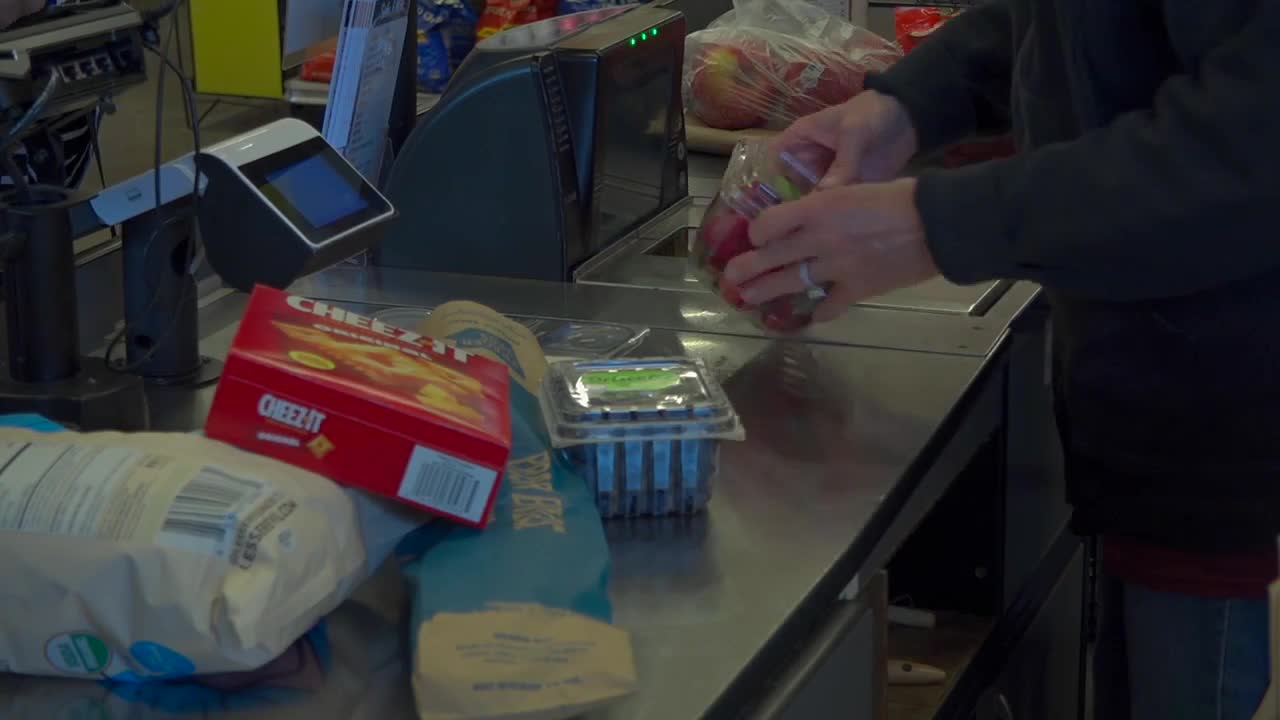SAN DIEGO (KGTV) – A new AP poll shows that a large number of Americans have some level of stress when it comes to grocery prices.
That's because of continued price increases and the potential impacts of the tariffs implemented by the White House.
"Generally, it's stressful. I mean, it's a daily concern, you know, shopping most days,” Brian Kendrick said.
"It feels like every year that's gone by, it's gotten more and more challenging,” Adrian Baker-Kang said. "I got the chicken legs instead of the chicken breast today because it's $2.50 a pound as opposed to $6 a pound."
Doing a grocery run today can bring more concern in the store than just getting all of the items on your list.
A new poll from the AP finds that a little more than half of Americans say the cost of groceries is a major stress in their lives.
"Food inflation hits closer to home, so to speak, because people have to eat,” Dr. Alan Gin, an Economics professor at the University of San Diego, said.
Gin told ABC 10News it's not a shock to find out people are stressing out over sticker shock.
"People spend about 7% of their budget on food, which doesn't sound like a lot, but they do it. You know, they eat every day, and they shop more often,” Gin said. “And so, any impact in terms of food prices is going to be recognizable pretty quickly to consumers."
If you're a family of four with two kids between nine and 11, the U.S. Department of Agriculture’s moderate plan data shows your monthly grocery cost is a little more than $1,300.
But some aren't as stressed as others.
"It goes along with everything else that the prices are rising on, you know, it's the way the world seems like right now,” Elaine Carlson said.
The AP poll shows 33% say grocery prices are a minor stress for them right now.
"I'm lucky that I can go in there and buy what I need. But yeah, the prices keep going up, and I'm retired, and my income is not going up as fast," Carlson said.
Gin told ABC 10News those with lower incomes may shift shopping and eating habits, like moving away from name brands and consuming less costly items like beef, which he said is up 10% from last year.
"Ironically, one area where we've had the least amount of food inflation is in fruits and vegetables,” Gin said. “So if you shift from meat to fruits and vegetables, you actually may end up being healthier as a result."




